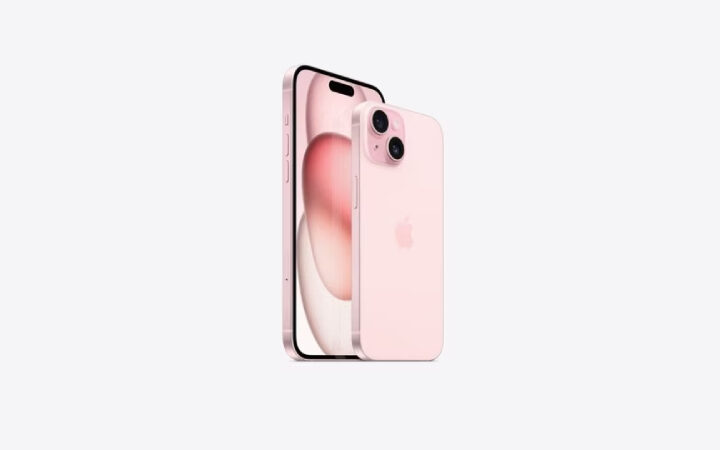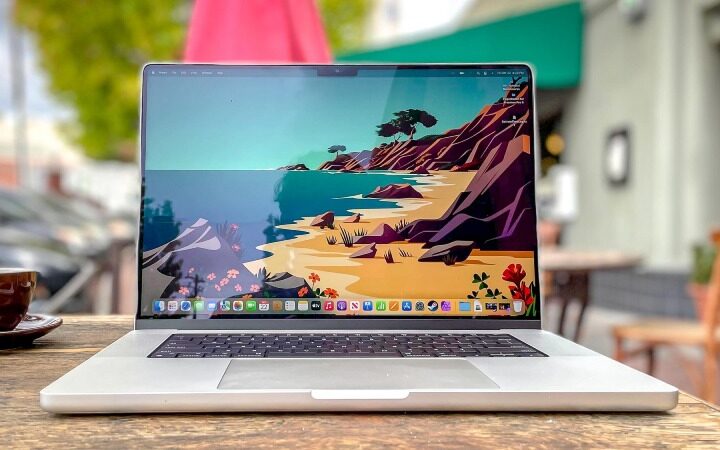Google unveiled a new auto-archiving feature on Monday that saves Android phone storage space by wiping out more than 60% of an app’s data. Users will still be able to quickly download apps when they are needed, despite the expected decrease in the rate at which apps are uninstalled.
In a post on the Android Engineers Blog, Google said this element won’t eliminate any client information and will stamp the presence of the application with a cloud symbol on the gadget.
When attempting to install a new app, Android users will be prompted to use the auto-archiving feature when their device runs out of storage. After that, they have the option of activating the feature, which will stop notifications, disable permissions, disable temporary files, and archive any unused apps. With Android 11, Google began rolling out the capability to automatically revoke permissions from unused apps.)
“Your device is out of storage, and you won’t be able to install this app. With app archiving turned on, your device will detect when you don’t have enough storage and automatically archive apps that you don’t use often. Your personal data will be saved in case you download the app again,” the prompt reads.
Google’s declaration noticed the element will be accessible just for applications where designers utilize the Application Pack to distribute their applications — a configuration expected for new applications since August 2021. The advantage for engineers is that clients will be more averse to see their applications surfaced in uninstall ideas when the gadget needs to let loose extra room. In March 2022, the search giant introduced Archived APKs, a brand-new app package format, as the initial preview of auto-archiving.
Clients can physically check for the unused application by going to Settings > Applications > Unused applications. The framework ordinarily shows the application in sections like “Last opened more than 3 months ago” and “Last opened more than 6 months ago.” You can physically decide to eliminate these applications to let loose some stockpiling too.
With this feature, Android devices will be able to compete with iOS, which has suggested apps to unload for years. In iOS 11, Apple introduced personalized app removal recommendations in 2017. iPhone users can tap Enable on the Offload Unused apps toggle in Settings > General > iPhone Storage to enable the automatic removal of these apps.
- NBA Rookie of the Year Favorite: Former UConn Huskies Star Guard - December 17, 2024
- Where to Watch the ‘Yellowstone’ Finale Without Cable: A Simple Guide - December 14, 2024
- Wendy’s is celebrating the festive season with 12 days of ‘Bow-Go’ deals exclusively on the app - December 13, 2024








